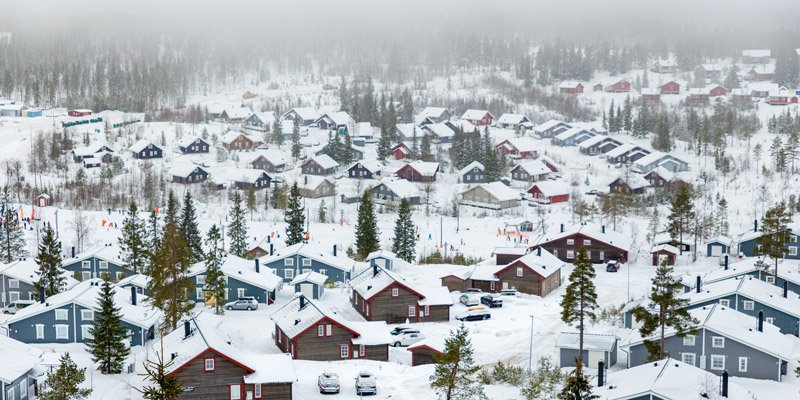Winter is always a challenging season due to elements such as freezing temperatures, wind, snow, rain, and ice. Those who prepare and plan ahead can avoid some of the pitfalls of Mother Nature’s most challenging season, especially when the season raises havoc with freezing water pipes.

Summer Home and Cabins
If you have a summer home or a cabin that you do not live in during the winter, the best thing to do to avoid freezing water pipes is to shut off the main water valve and drain all water from all pipes in the home. That means draining and then shutting off the water heater, opening all the taps, and flushing all toilets to remove any remaining water. The taps and valves should remain open all winter. In addition, you can add a little antifreeze to the toilet bowl if you cannot get all the water out.
Shared Living Spaces
If you live in a shared living space such as a duplex or apartment, the situation can be a bit tricky. Ask your landlord what preparations they plan to make if the place adjacent to yours will be vacant for the winter. They should tell you they intend to keep the heat on. You should also read your lease to determine whether your landlord takes responsibility if a pipe should burst from freezing temperatures. If the heat or power goes out in your living space, contact your landlord immediately.
Single Home Living Spaces
Probably the best mechanism to avoid freezing pipes is to make sure your heating system is in good working order. You should also inspect the exterior of your home and seal any cracks that might expose interior pipes to freezing temperatures from the outside. If you have a crawl space, make sure it is well-insulated. There are also insulation sleeves you can wrap around your pipes to help retain heat.
But what if the worst happens? What if the power goes out, the temperatures are below freezing, and you think it might be some time before the power comes back on? In this case, initially it might help to allow a small amount of water to flow out of one of the taps in the home to keep water moving. However, if there is a good chance the water in your pipes will freeze before your heat source will return, the best thing to do is to shut off the main water valve and drain all water out of your plumbing system and water heater.Want to know more about winterizing your plumbing system? Contact us for all plumbing questions, from the preventative tips to emergency fixes.
If you are in Columbia, MO or the mid-Missouri area and believe you have a plumbing problem, contact us.



